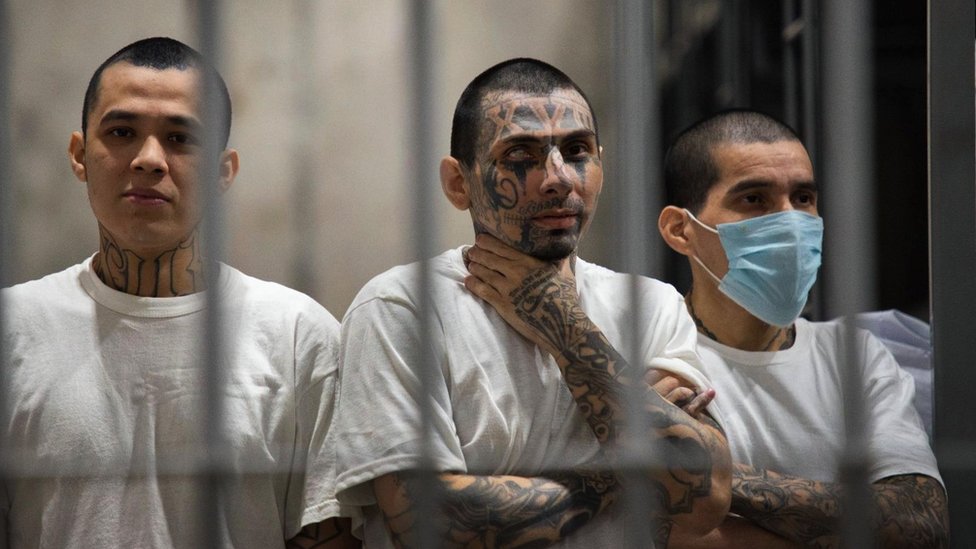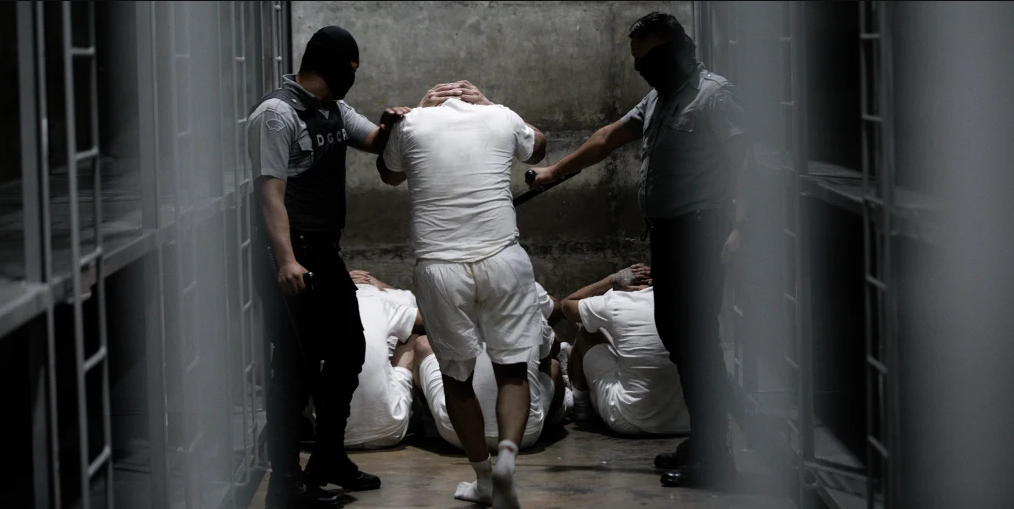Kilmar Ábrego García, a Maryland resident and father, was mistakenly deported to El Salvador and is currently detained in the Center for Terrorism Confinement (CECOT), a facility notorious for its harsh conditions. Despite a U.S. Supreme Court ruling that mandates the Trump administration to facilitate his return, efforts to repatriate Ábrego García have stalled.
Senator Van Hollen’s Attempted Visit and Allegations
Senator Chris Van Hollen traveled to El Salvador to advocate for Ábrego García’s release but was denied access to visit him. Van Hollen alleges that El Salvador’s Vice President Félix Ulloa informed him that the Trump administration is financially compensating El Salvador to keep Ábrego García detained at CECOT. This claim suggests a deeper level of involvement by the U.S. government in the continued detention of Ábrego García, beyond mere inaction.
Legal and Human Rights Concerns
The deportation and continued detention of Ábrego García raise significant legal and human rights issues. The U.S. Supreme Court’s directive for his return has not been acted upon, and both the U.S. and Salvadoran governments have yet to provide evidence linking him to any criminal activity. Human rights organizations have criticized the conditions at CECOT, citing reports of abuse and lack of due process for detainees.

Political Implications and Responses
The situation has intensified political tensions between the legislative and executive branches in the U.S. Senator Van Hollen’s allegations point to a potential violation of court orders by the Trump administration. Other lawmakers, including Senator Cory Booker, are planning visits to El Salvador to advocate for Ábrego García’s release and to assess the conditions of detainees. These developments underscore the broader debate over immigration policies and the rule of law.
Background: The Deportation of Kilmar Ábrego García
Kilmar Ábrego García, a longtime Maryland resident and father of two U.S.-born children, was deported in 2023 despite legal protections against such action. His deportation occurred under the Trump administration’s stricter immigration enforcement policies, which have been widely criticized for misidentifying individuals who should not be targeted. García, who had Temporary Protected Status (TPS), became entangled in bureaucratic confusion that ultimately led to his forced removal. He was sent to El Salvador—a country he had not lived in for over two decades and which remains fraught with high levels of violence and instability. Upon arrival in El Salvador, García was immediately detained without formal charges and placed in CECOT, the mega-prison constructed under President Nayib Bukele’s anti-gang initiative. CECOT has been condemned by human rights advocates for its inhumane conditions, lack of transparency, and use of mass detentions. Critics say individuals are often imprisoned on vague or nonexistent charges, further exacerbating the climate of fear.
Senator Van Hollen’s Attempted Visit and Allegations
Senator Chris Van Hollen’s recent diplomatic trip to El Salvador was primarily aimed at advocating for the release of García. However, his request to meet the detainee was denied by prison officials, a move Van Hollen described as deeply concerning. During his visit, he met with Salvadoran Vice President Félix Ulloa, who allegedly disclosed that the Trump administration is financially incentivizing the Salvadoran government to continue García’s detention. These claims have not been officially confirmed by either government but have sparked intense scrutiny. Van Hollen stated, “If true, this is a shocking betrayal of justice and an affront to the U.S. Constitution. No administration should fund the unlawful detention of a U.S. resident abroad, especially after the Supreme Court has ordered their return.”
Legal and Human Rights Concerns
The Supreme Court previously ruled that García’s deportation violated federal law and that the U.S. government must take steps to facilitate his safe return. However, legal experts and immigration advocates argue that there has been deliberate foot-dragging on the part of the administration. García’s detention at CECOT is particularly alarming given widespread reports of torture, overcrowding, and lack of due process. The Inter-American Commission on Human Rights and Amnesty International have issued repeated warnings about conditions in the facility, where over 40,000 individuals are currently held.

Political Implications and Responses
Van Hollen’s statements have reignited political debate in Washington, D.C., where lawmakers are increasingly demanding transparency regarding the handling of García’s case. Senator Cory Booker has announced plans to lead a bipartisan delegation to El Salvador in the coming weeks, seeking direct access to CECOT and detained individuals. The incident is also drawing broader criticism of the Trump administration’s immigration and foreign policy approaches, especially regarding how it interacts with governments willing to act as proxy enforcers of U.S. deportation efforts.
Conclusion
The case of Kilmar Ábrego García highlights critical issues at the intersection of immigration policy, international relations, and human rights. Senator Van Hollen’s allegations, if substantiated, could have profound implications for the Trump administration’s adherence to legal obligations and the treatment of deported individuals. As the situation unfolds, it remains a focal point for discussions on justice and governmental accountability.

















